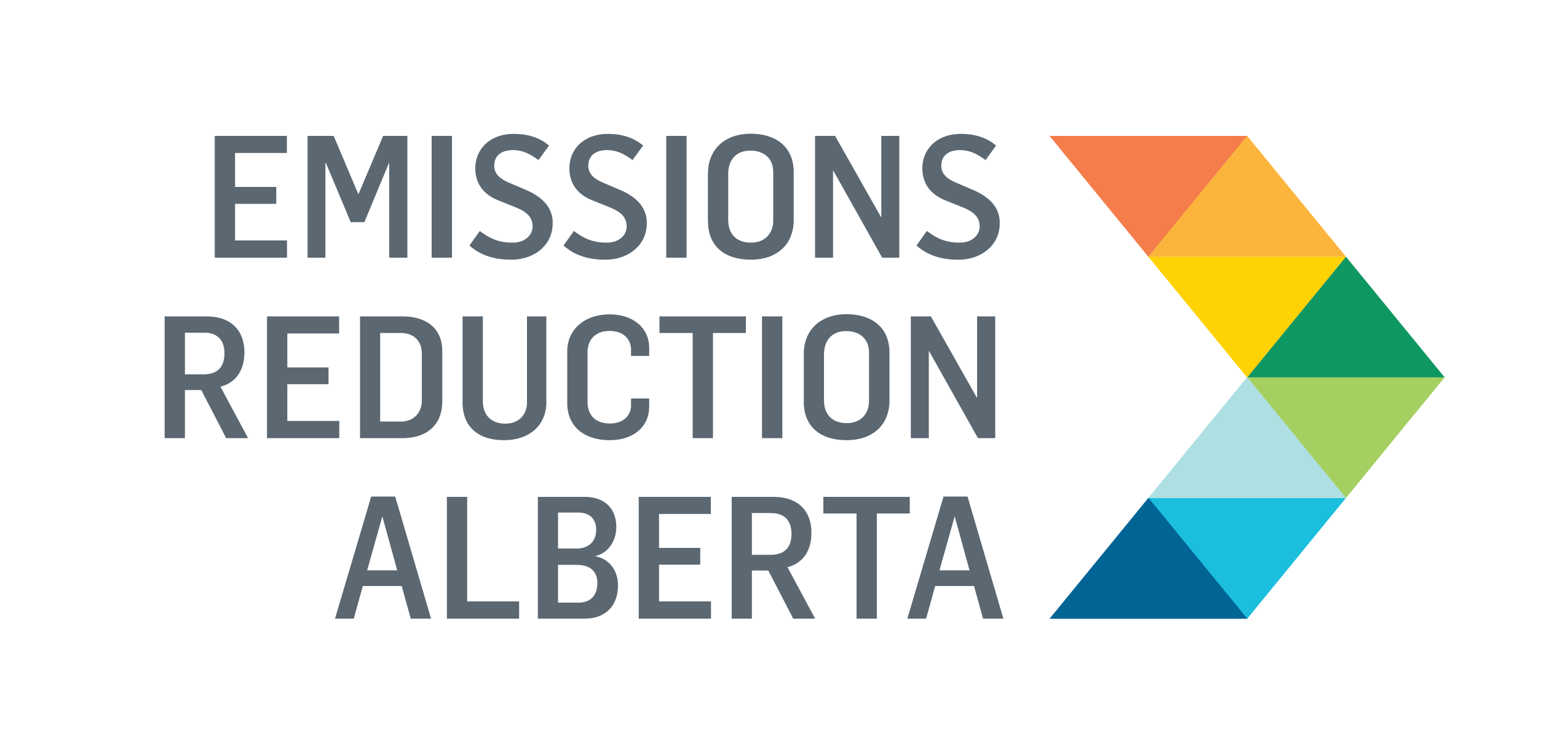Project Overview
Approved for funding through ERA’s Food, Farming, and Forestry Challenge in 2021, Flash Forest developed and field-tested a scalable tree planting technology solution in Alberta. By completion in 2024, the project advanced technologies for RPAS hardware, aerial mapping software, automation, and biological seed pod technology that aims to reforest areas rapidly.
Innovative Processes and Product for Automated Reforestation
Flash Forest utilizes drone reforestation technology, comprised of unmanned aerial vehicles (UAVs) and hardware, aerial mapping software, automation, and biological seed pod technology to reforest areas at a rapid pace. Flash Forest’s mapping and telemetry technology assesses current environmental conditions to ensure trees are planted uniformly and only where they can survive. The seed-firing device allows for the aerial deployment of seed pods at an interval of one pod per second per drone. Additionally, Flash Forest’s botanical teams are working on rapid germination and enhanced stress tolerance of its planted trees. With multiple drones flying at once, controlled remotely and autonomously, Flash Forest is working to plant up to 100,000 tree pods daily, per operator. The ERA-funded project focused on Flash Forest’s technological research within Alberta. Key considerations included:
- Climate – Northern Alberta has one of Canada’s shortest planting seasons
- Biome – Northern Alberta’s boreal forest has low annual moisture
- Site access – most sites require helicopter access, which increases costs and risks
Flash Forest’s goal is to develop and test the efficacy of the technology as a silvicultural tool to support reforestation in Alberta, create a provincial distribution facility for seed pods, and a base for planting.
Expanding Operations to Western Canada
During the project, technology development focused on biological seed pods, testing two types of drone deployment hardware, and the development of operator and macrosite machine learning software technology for northern boreal and other forest types in Alberta.
Numerous iterations of pod mixture recipes were evaluated, which determined one final pod recipe for large-scale production and field testing. Testing results show dry pods perform significantly better than wet pods and can be transported more efficiently. Additionally, embedding seedpods yields better germination and survival than dropping seedpods. Work was completed on the operator software to utilize data points, generate flight paths based on user inputs, and develop a data reporting dashboard and machine learning models for macrosite identification.
Flash Forest recruited two professional foresters to lead the Alberta and Western Canada division of Flash Forest. It also opened an Alberta operations office in Edmonton and a third-party Alberta partner, Arch Distribution, that does its mixing and blending in Alberta.
What’s next?
Going forward, Flash Forest will be exploring post-plant monitoring innovations and continuing research to expand to fall/winter planting operations. Ongoing monitoring is critical to determine tree survival, longevity, and ultimately the efficacy of the reforestation system.
Flash Forest secured funding from the $100-million Telus Pollinator Fund for Good and OurCrowd to support plans to plant one billion trees by 2028. Their future growth will focus on commercialization and international business opportunities. Additionally, efforts will be taken to mitigate wildfire, including investing in research towards deciduous fire-resistant species, AI software that creates firebreaks, continued automated reforestation efforts in the air and on land, and monitoring automation for tree planting efforts.
Flash Forest has been approved for follow-on funding through ERA’s Industrial Transformation Challenge 2024, where they will scale up to a commercial pilot and overcome region-specific issues by leveraging insights and learnings from the initial project.
